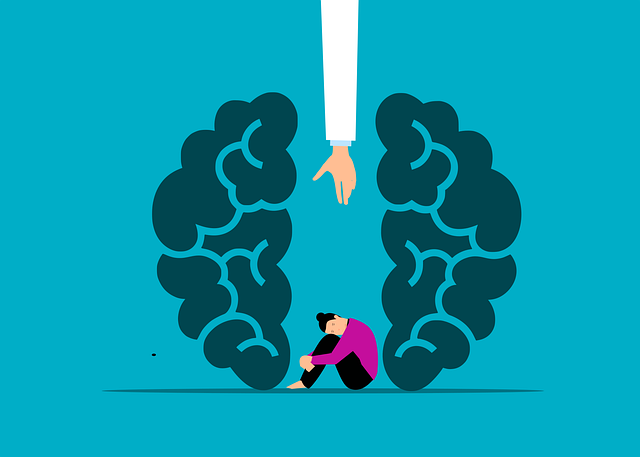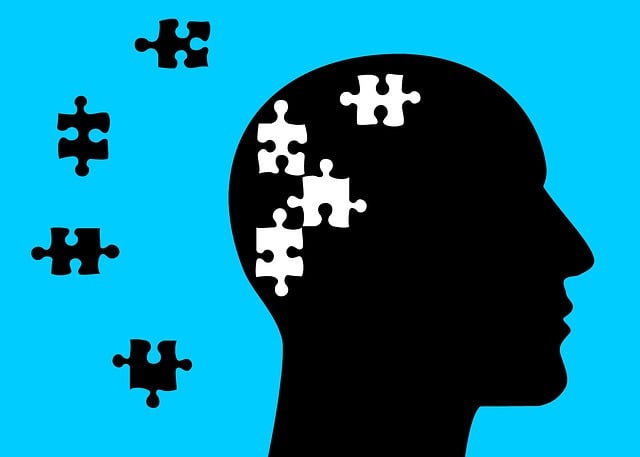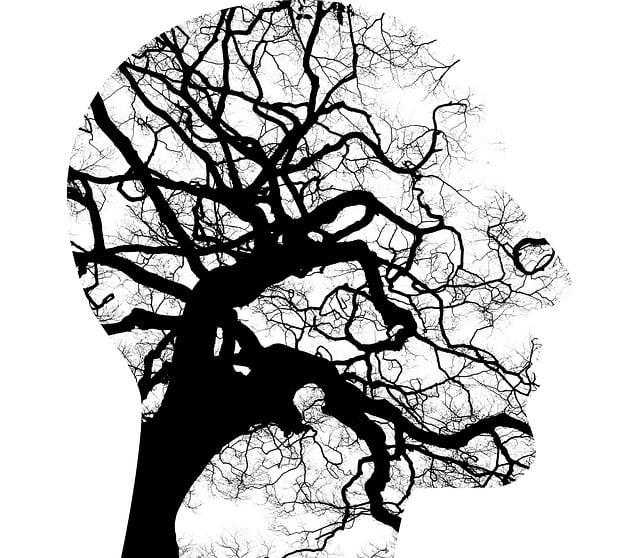Therapy for young adults sexual dysfunction leverages Risk (R), Frequency (F), Motivation (M) analysis, cultural competency, and trauma support services. It incorporates holistic approaches like exercise, sleep, nutrition, communication strategies, public awareness campaigns, and resilience-building exercises to address underlying causes. Implementing the RFM (Resilience and Mental Fitness) model in clinical settings offers tailored therapy, journaling, group therapy, and podcasts for improved mental wellness. Real-life success stories validate RFM's positive impact on sexual wellbeing, promoting healthier relationships and enhanced overall mental health.
In today’s world, addressing sexual health among young adults is paramount. This article explores an innovative approach, the RFM (Resilience, Functionality, and Meaning) model, designed to enhance sexual wellbeing. We delve into its significance in managing young adult sexual dysfunction, a prevalent concern. Understanding common challenges faced, we highlight the transformative power of resilience-building exercises in overcoming barriers. Additionally, we provide a practical guide for healthcare professionals on implementing RFM in clinical settings, backed by real-life success stories demonstrating its impact on youth sexual health and therapy for young adults’ sexual dysfunction.
- Understanding RFM and Its Relevance in Young Adult Sexual Health
- Identifying Sexual Dysfunction: Common Challenges Faced by Young Adults
- The Role of Resilience-Building Exercises in Overcoming Sexual Barriers
- Implementing RFM in Clinical Settings: A Step-by-Step Guide
- Real-Life Success Stories: Measuring the Impact of RFM on Youth Sexual Wellbeing
Understanding RFM and Its Relevance in Young Adult Sexual Health

For young adults navigating sexual health issues, understanding and implementing RFM (Risk, Frequency, and Motivation) analysis is crucial. This framework helps identify patterns in behaviors related to sexual dysfunction or risky sexual practices, providing valuable insights for therapy. By assessing risk factors, the frequency of problematic behaviors, and the underlying motivations, healthcare providers can tailor interventions effectively.
RFM analysis plays a vital role in crisis intervention guidance, enabling professionals to offer targeted support. It also emphasizes the importance of cultural competency training for healthcare providers, ensuring they are equipped to address diverse sexual health concerns. Additionally, trauma support services can be integrated into care plans, considering that many young adults experiencing sexual dysfunction may have a history of trauma influencing their behaviors and choices.
Identifying Sexual Dysfunction: Common Challenges Faced by Young Adults

Sexual dysfunction is a common challenge faced by many young adults today. This can manifest in various forms such as difficulty achieving or maintaining an erection (erectile dysfunctions), reduced sexual desire, or pain during intercourse. The impact of sexual dysfunction on mental health and relationships cannot be understated. Young adults often struggle to cope with the emotional weight of these issues, which can lead to increased stress, anxiety, and depression.
Effective therapy for young adults with sexual dysfunction involves a multifaceted approach. Communication strategies play a crucial role in helping individuals express their feelings and concerns openly. Additionally, self-care routine development for better mental health is essential. Encouraging regular exercise, adequate sleep, and healthy eating habits can significantly improve overall well-being. Public awareness campaigns development can also help destigmatize sexual dysfunction, encouraging more young adults to seek help without fear of judgment or embarrassment.
The Role of Resilience-Building Exercises in Overcoming Sexual Barriers

Resilience-building exercises play a pivotal role in empowering individuals to overcome sexual barriers and embrace healthier relationships. For young adults grappling with sexual dysfunction, these therapeutic interventions offer a safe space to explore and heal emotional wounds that often underlie physical challenges. Through various activities focused on stress management, trauma support services, and emotional healing processes, participants learn to confront and process past traumas, thereby enhancing their ability to engage in intimate connections.
This holistic approach recognizes the deep interplay between mental and sexual health, targeting not just the symptoms but also the underlying causes of sexual dysfunction. By fostering resilience, these exercises equip individuals with coping mechanisms that enable them to navigate stress and anxiety, two primary factors contributing to sexual barriers. The result is a transformation not only in their physical experiences but also in their overall emotional well-being, paving the way for more fulfilling and satisfying relationships.
Implementing RFM in Clinical Settings: A Step-by-Step Guide

Implementing RFM (Resilience and Mental Fitness) in clinical settings offers a transformative approach to addressing sexual dysfunction in young adults. This step-by-step guide aims to help therapists integrate evidence-based practices into their treatment plans.
Start by evaluating each patient’s unique needs and resilience factors. Utilize the RFM model’s three core dimensions: Resilience (coping strategies, personal strengths), Mental Fitness (cognitive reframing, stress management), and Social Support (connectedness, community engagement). Tailor individual therapy sessions to address specific areas of need. Incorporate mental wellness journaling exercises to promote self-reflection and track progress. For trauma support services, consider group therapy sessions that foster a sense of belonging and shared experience. Additionally, producing a mental wellness podcast series can engage a broader audience, offering guidance and inspiration through compelling stories and expert interviews.
Real-Life Success Stories: Measuring the Impact of RFM on Youth Sexual Wellbeing

In recent years, there has been a growing recognition of the power of RFM (Relational, Functional, and Mindfulness) practices in transforming young lives, particularly in areas related to sexual wellbeing. Real-life success stories from various communities highlight the positive impact of integrating RFM into youth programs. For instance, many young adults who struggled with sexual dysfunction due to trauma or social anxiety have found relief through tailored therapy sessions. These sessions focus on building resilience, enhancing communication skills, and fostering empathy—all crucial components of RFM.
The integration of RFM techniques into mental wellness coaching programs has led to remarkable outcomes. By combining relational training, functional skill development, and mindfulness exercises, these programs address the complex needs of young individuals. Social skills training becomes more effective when coupled with empathy-building strategies, enabling participants to form healthier relationships and improve their sexual wellbeing. This holistic approach not only tackles sexual dysfunction but also contributes to overall mental wellness, offering a promising path forward for therapy targeted at young adults.
Resilience-focused therapy, such as RFM (Relational, Family, and Mental), offers a promising approach to addressing sexual dysfunction in young adults. By integrating resilience-building exercises into clinical practice, healthcare providers can empower youth to overcome barriers and enhance their sexual wellbeing. The step-by-step guide provided offers a practical framework for implementing this innovative technique, while real-life success stories highlight its significant impact. As the field of sexual health continues to evolve, embracing RFM as a therapy for young adults’ sexual dysfunction can lead to improved outcomes and a more resilient future for this population.









